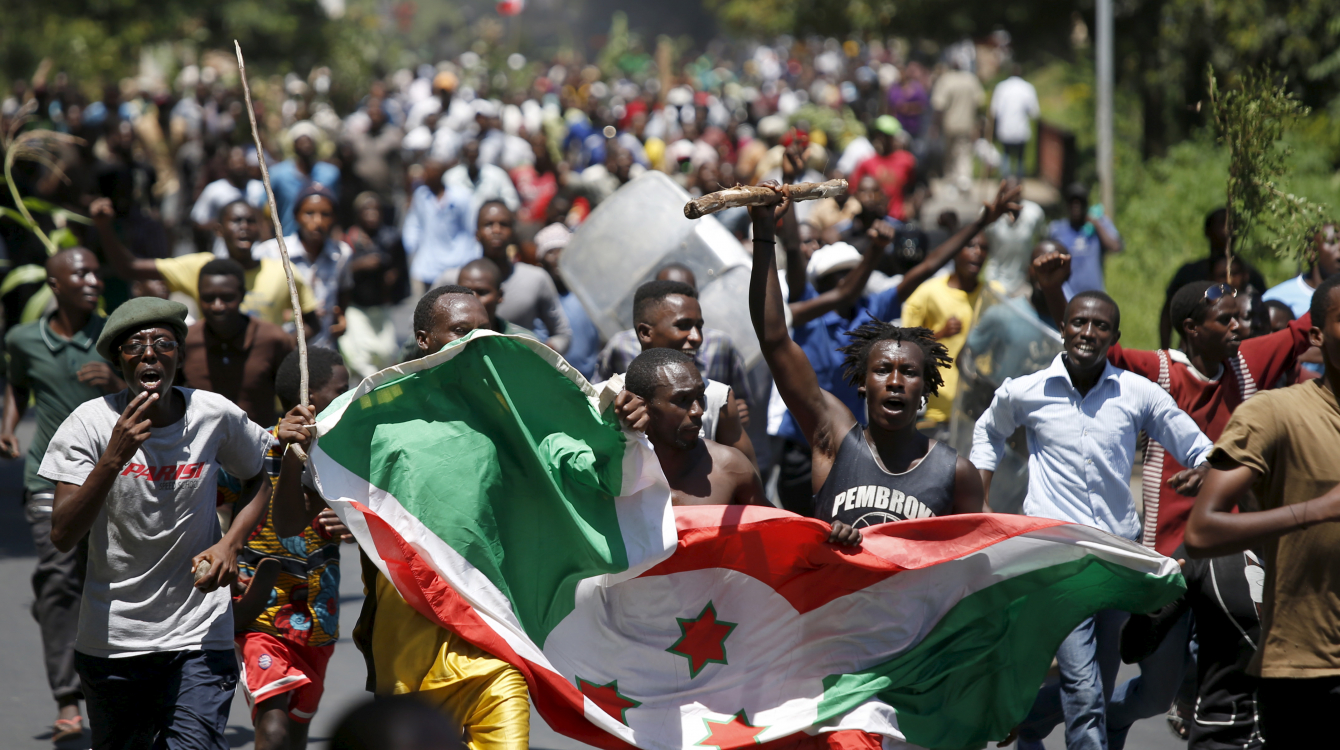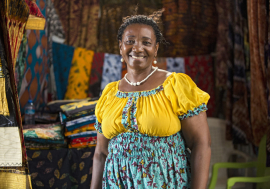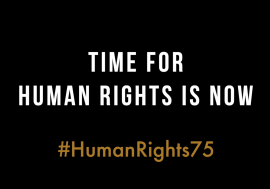Africa Watch
Slow progress in Burundi peace talks
Scores of Burundian refugees continue to pour into the neighbouring states of Rwanda, Tanzania, Zambia, Uganda, and the Democratic Republic of the Congo, even as diplomatic efforts by the African Union and others increase pressure for an end to Burundi’s political crisis. The number of people in forced exile has now passed the 250,000 mark, according to the UN High Commissioner for Refugees (UNHCR), and more than 400 people have been killed since April.
Burundi’s difficulties began in April 2015 when President Pierre Nkurunziza controversially extended his term in office.
When UN Secretary-General Ban Ki-moon visited the capital, Bujumbura, at the end of February, Burundian authorities promised to free 2,000 political prisoners and lift the ban on two independent radio stations as a sign of their commitment to resolving the crisis.
Later, during a visit by an African Union delegation, the Burundian government further committed to accepting the deployment of 100 military monitors and 100 human rights observers to help reduce the violence. The government had refused an initial offer of 5,000 peacekeeping soldiers in December.
Meanwhile, independent human rights experts commissioned by the UN have started investigating alleged mass graves in the country. “We have good access to government officials, to the police and also to victims and civil societies,” Christof Heyns, UN special rapporteur on extrajudicial, summary or arbitrary executions, told the German broadcaster, Deutsche Welle. The government continues to deny the existence of any mass graves.
But while the violence of the past year seems to have abated, human rights violations and targeted assassination are reportedly continuing on the ground. On 21 February two people were killed by gunmen while another was killed in a grenade attack at a market in Bujumbura.
“Whereas dead bodies on the streets of Bujumbura were a daily occurrence in the second half of 2015, many abuses are now taking place under the radar, with security forces secretly taking people away and refusing to account for them,” said Human Rights Watch, an international advocacy group, in its February 2016 report on Burundi. The government disputes the group’s findings.
Fears are growing that the current situation, if allowed to deteriorate, could cause greater tragedy for civilians in a region with a history of ethnic conflict. The African Union and human rights groups have called for stronger international police and military presences in Burundi.
However, the UNHCR said in a recent published statement, “Despite recent high-level efforts to engage the government, we have not seen significant improvement in the security and human rights situation on the ground. The deteriorating economic situation is also a cause for concern which could trigger further displacement.”


























